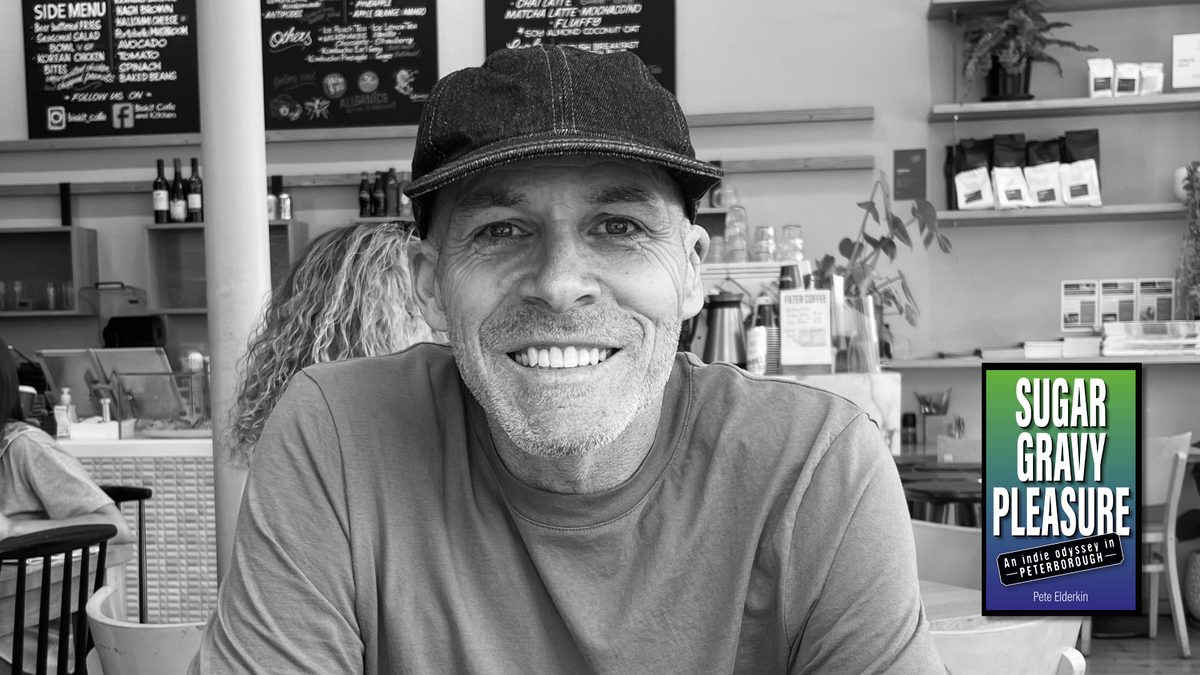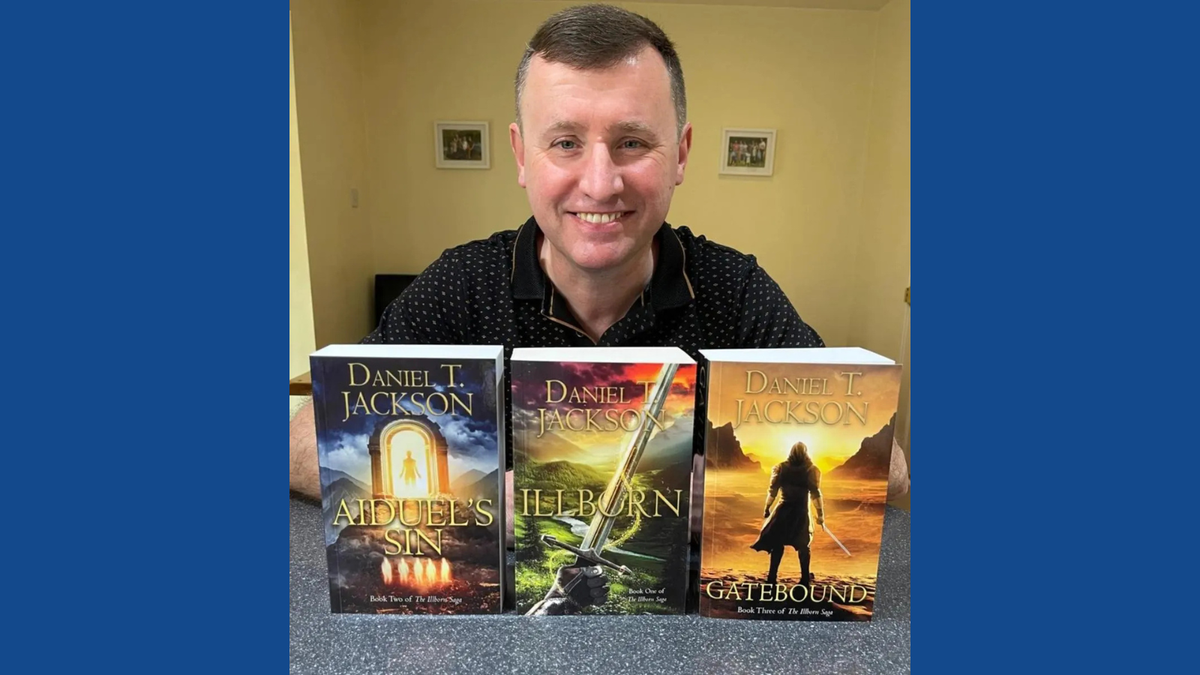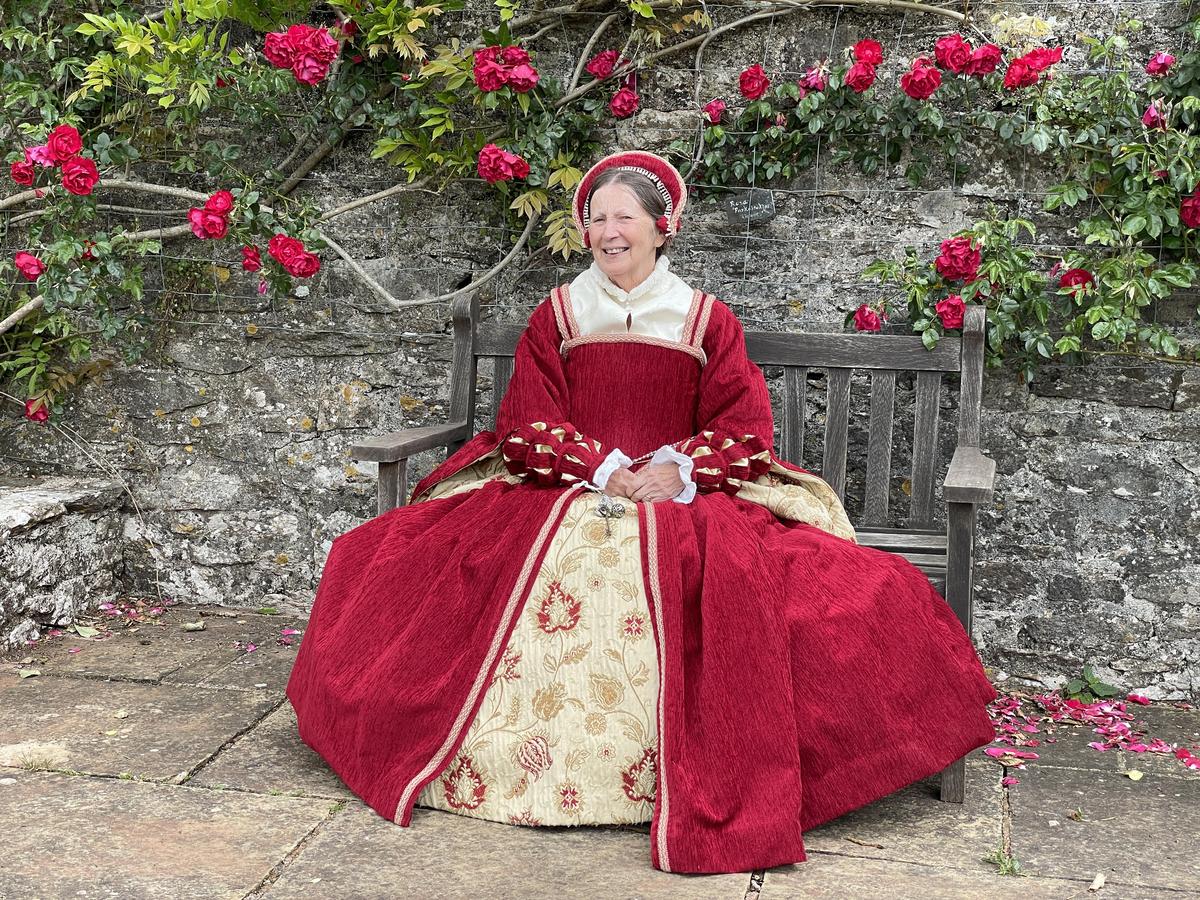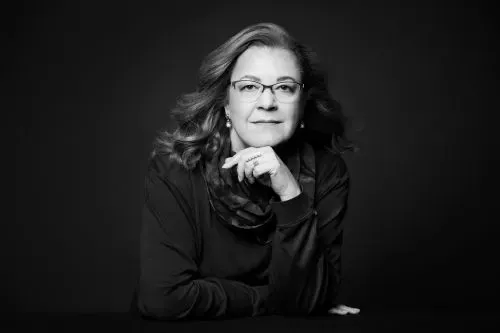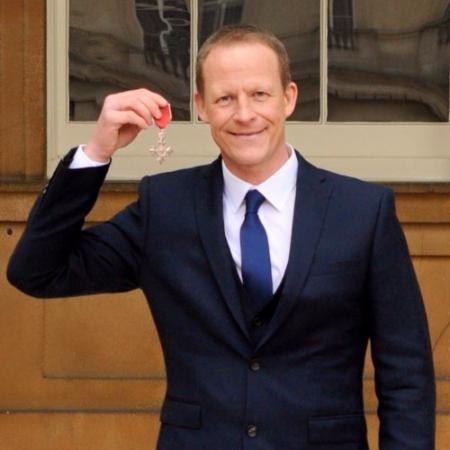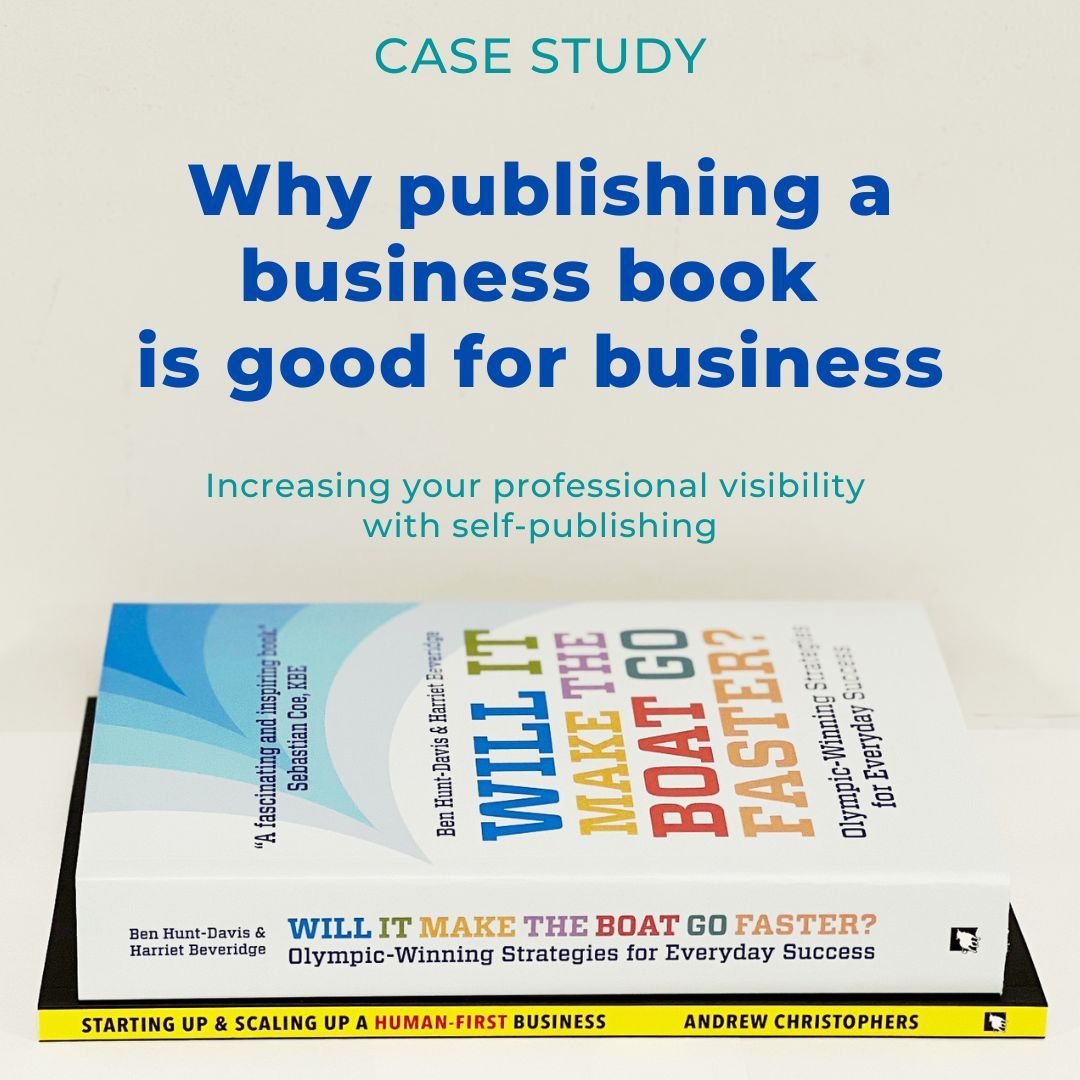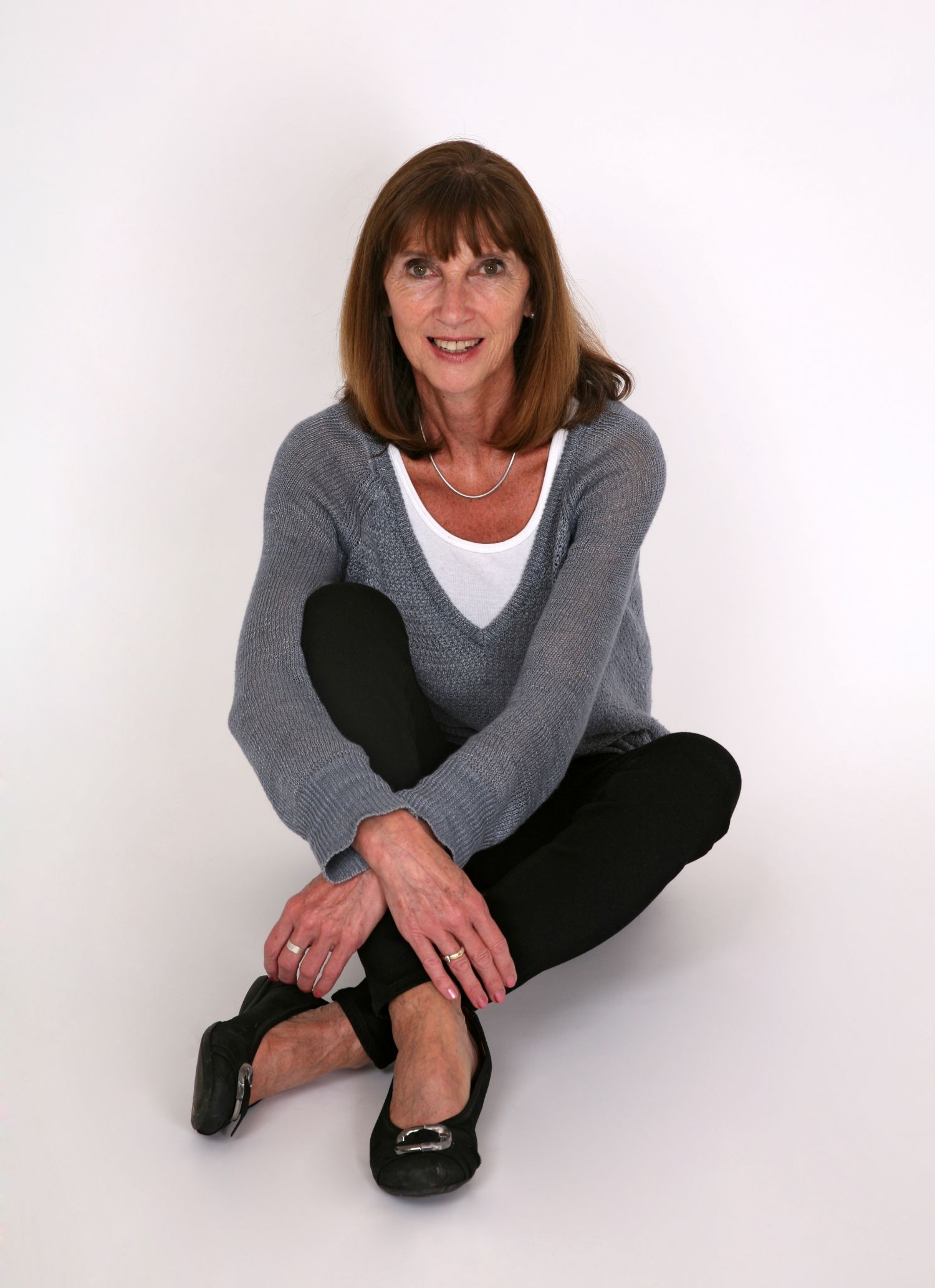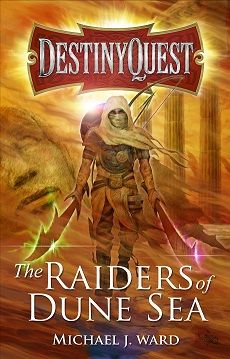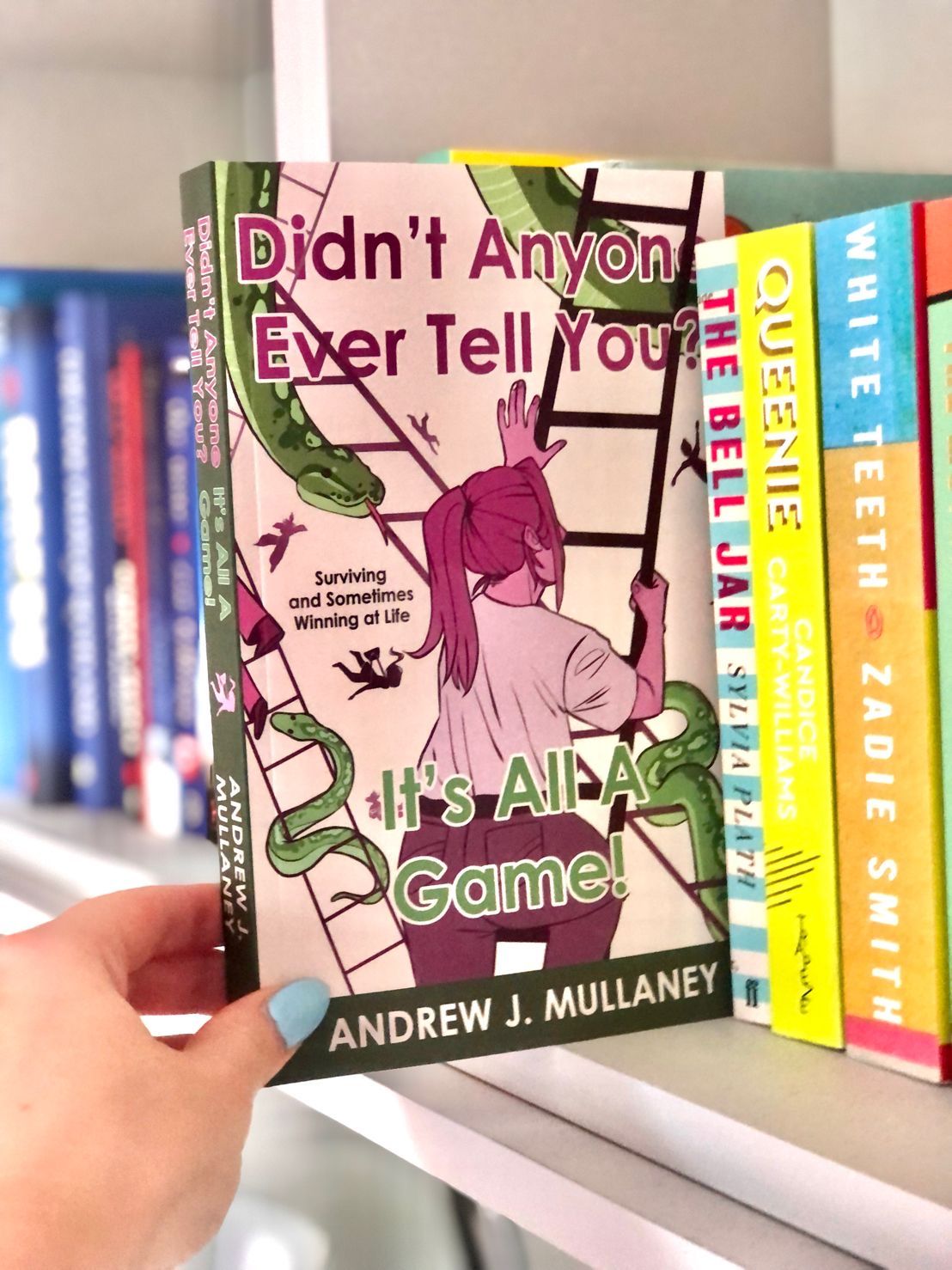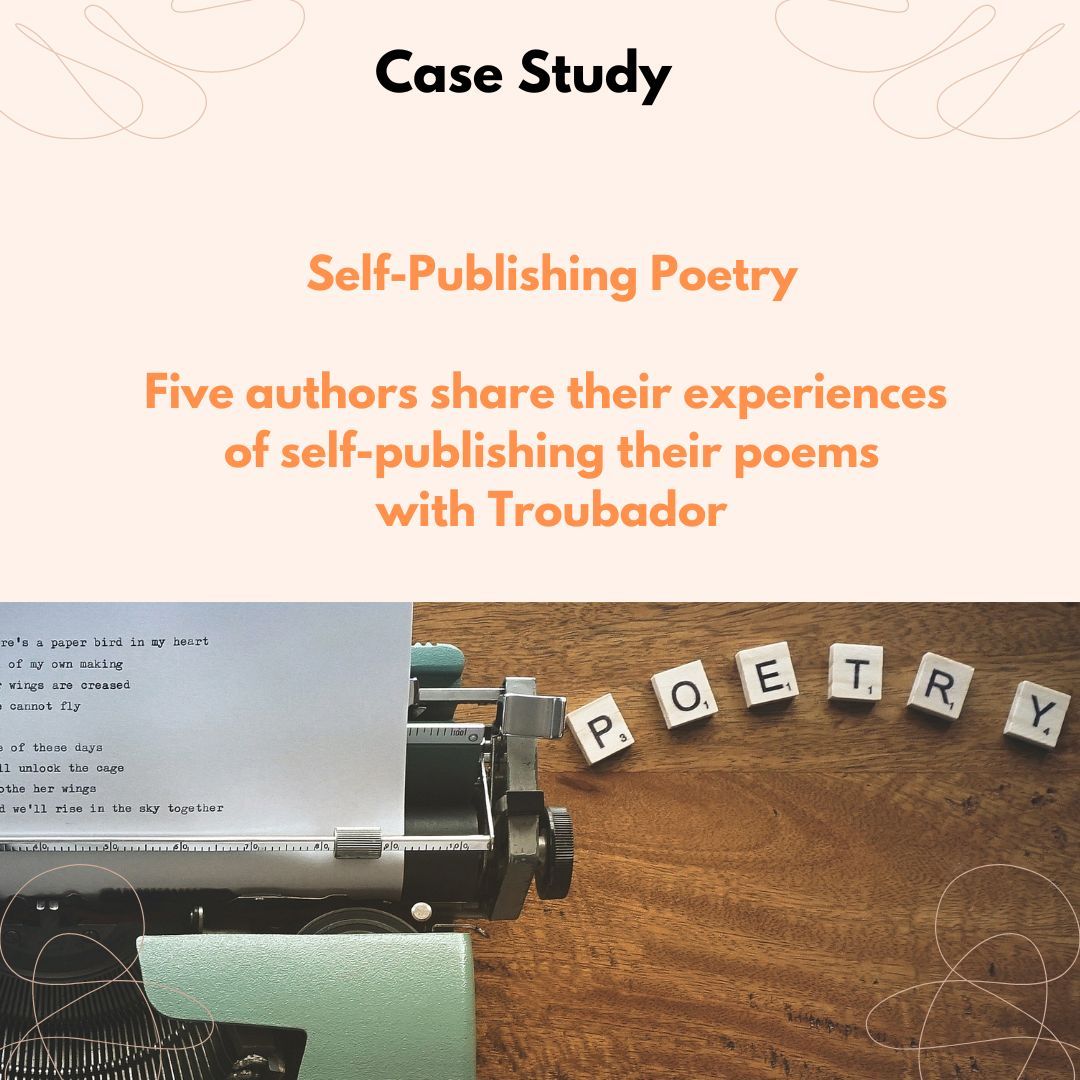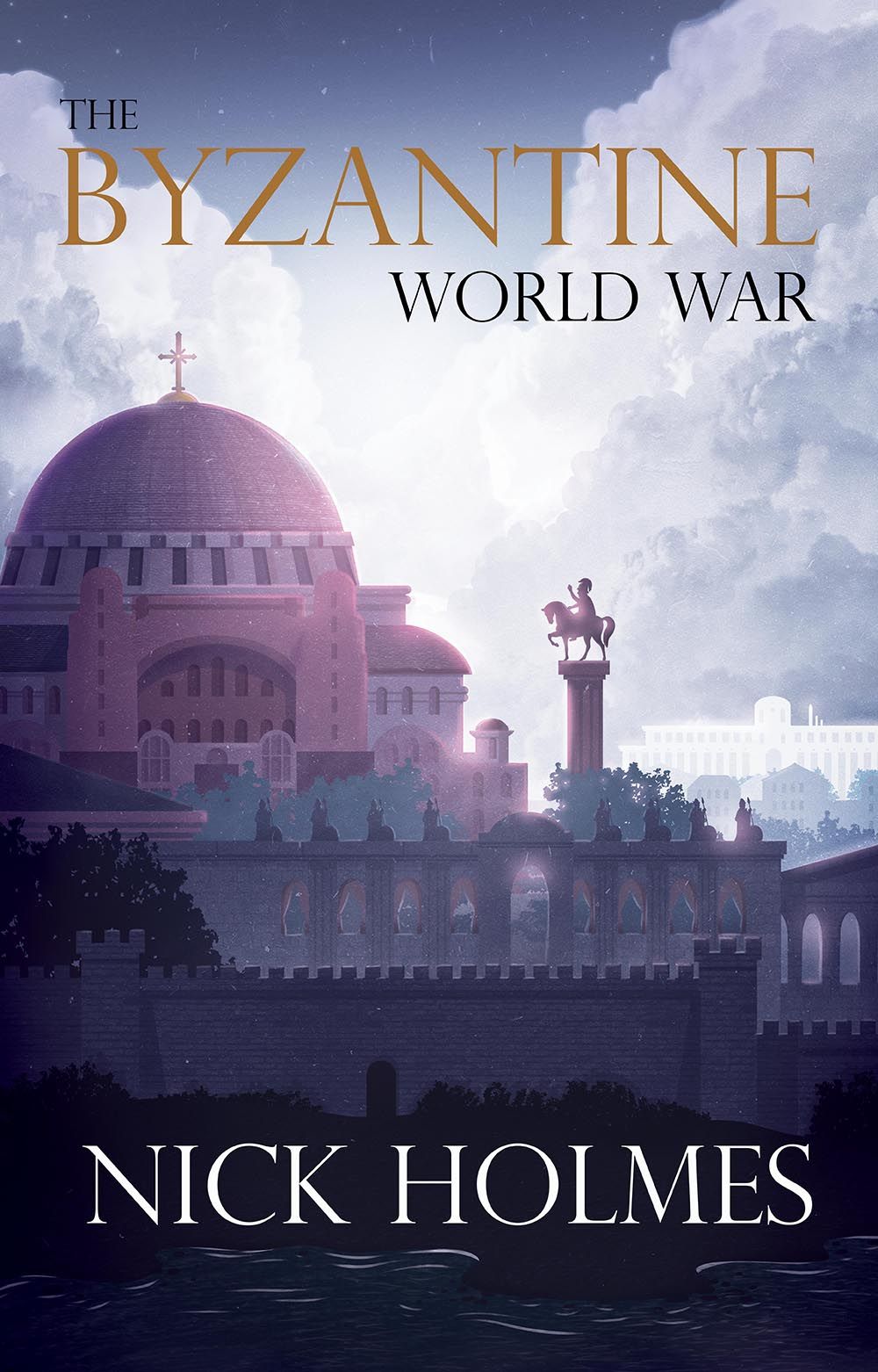
9 min read
Write and publish a book series to reach more readers
Written by:
Troubador Publishing
What motivates an author to write and publish a book series? What are the challenges? And what tips do writers producing a book series have for other indie authors thinking of doing the same? Book series are perennially popular with readers who enjoy getting to know the characters and places or fully immersing themselves in the world-building necessary for all good serials. And knowing there are more books to come lessens the pain of reaching the end of a story, as you can jump straight back into another! We spoke to three Troubador authors; Milo McGivern, David Fairer and M.C. Dutton, each of whom gave us the lowdown on why they opted to write and publish a book series over stand-alone novels.
Why write and publish a book series?
From a writer’s perspective, choosing to write and publish a book series is a good way of having the time to really develop characters and stories. Plus with every book in a series, you can maximise your marketing opportunities to those readers who have enjoyed your earlier books. They are also a great way to start building your author brand. Some authors set out to write and publish a book series from the very beginning, with each book planned in advance and the storyline carefully plotted. Others find themselves adding a second or third book to what they felt was going to be a stand-alone book initially. Milo McGivern wrote and self-published a series of four humorous books for children, collectively known as the ‘Tales from Animaux’, set on an imaginary island. Milo envisions the final series featuring eight books in total, but the four currently in print are: The Island of Animaux, Monsieur Le Chef, A Surprise Party and Coffee and Ice Cream Milo knew from the start that he was going to write and publish a series of books: ‘I imagined many different, inter-connected, chronological stories involving the main characters,’ he observes. This meant that writing multiple books allowed him to fully explore all the different characters and story perspectives.
Milo’s cheerful books for children just setting out on independent reading are a world away from fellow self-published author David Fairer and his ‘Chocolate House Trilogy’. This set of three historical murder mysteries are all set in 1708, and feature Chocolate House Treason, The Devil’s Cathedral and Captain Hazard’s Game. David explains the motivations behind his series: ‘I planned to write three novels right from the beginning, to be set in January, April and October of 1708. The aim was to look at the British nation from three perspectives – the world of the court, the world of the theatre, and the world of gaming and financial speculation. Uncannily, the books turned out to be as much about the current United Kingdom as the 1700s.’ Unlike David and Milo, who had both set out to write a series from the start and planned their books in advance, M.C. Dutton, author of the ongoing crime series ‘The Singhing Detective’, had a more organic approach to her writing, having not initially intended to write a series. ‘I started writing short stories, but that wasn’t enough, so I wrote a novel. After the second novel, I found that wasn’t enough either. Writing a series is the best, most satisfying form of writing, as it has allowed me to grow my characters in a way no other type of writing allows.’ Her books were all inspired by her working life at an East London Police Station, and the series is made up of The Singhing Detective, The Godfathers of London, Sugar and Spice and A Walk on the Wild Side
Why self-publish our book series?
For new authors seeking a mainstream deal, writing and publishing a series can be both a benefit and a hindrance. The big publishers need to see a return on the first book – without that, the rest of the series will not necessarily see the light of day. In self-publishing, of course, the author retains more decision-making control, but the main concern is likely to be funding the publication of several books, something M.C. Dutton has noted: ‘My book is my baby and having formed it and loved it I wanted to share it with the world, but saving to pay for publication can be a challenge.’ Milo always knew he wanted to self-publish: ‘It was the easiest and quickest way to publish,’ he says. However, David Fairer turned to self-publishing after exhausting the agent route: ‘Having made approaches to literally scores of agents over the past five years without any success, I was unable to submit to any of the major publishers, and so had to adopt the independent route.’
Having said that, David acknowledges that ‘Self-publishing allowed me to see the books brought out exactly as I wanted them – text, cover, design, paper, typeface, etc. They have been beautifully produced.’ Also self-published with Troubador, M.C. Dutton, loves working in partnership with Troubador's skilled staff to get her books published and marketed, but encourages all authors to do their research first: ‘There are lots of companies out there who say they will publish your book. Consider first whether you want just a few copies for your friends and yourself or whether you want to go down the route of putting your book out there for a more professional avenue of sales, then choose your self publishing company carefully. I did. I have been so very happy with Troubador, and this is my sixth book with them.’ No matter how you elect to write and publish your book series, the key features of what makes a series can be identified as: 1. Taking the same characters through different scenarios (this is often seen in crime writing, such as that of M.C. Dutton’s ‘Singhing Detective’ series. 2. Taking groups of characters through interlinked adventures – as we see with David Fairer’s ‘Chocolate House Trilogy’. 3. Or they can be set in the same place, time or world, but feature a range of different (perhaps previously peripheral) characters – as in the ‘Tales from Animaux’ by Milo McGivern.
Some genres naturally lend themselves to series: fantasy, sci-fi and young adult books are often series, as are crime and thrillers, especially those featuring detectives and the police. Yet what makes a successful series is not the genre, but the storytelling and the characters.
When you write and publish your book series: Character is everything
The one thing that a series must have is compelling characters. Without this, readers simply won’t come back for more. A series is all about the emotional relationship a reader forms with the character - they become invested. We asked our three authors for their top tips on writing compelling characters in a book series. ‘Really know your characters,’ says M.C. Dutton. ‘I had a clear vision of mine and they always lead the field and I follow them into the dangerous and difficult areas they frequent. My main character was created prior to starting writing. I spend time on who they are, their family life, and what their influences are – I do this with all the books I have written. When my characters enter a novel they are fully formed.’ She adds, ‘Each book makes reference to the last storyline but follows on with a new crime, and each book develops the main characters and you see more of what makes them tick.’
When you write and publish your book series: Believe in your characters
David Fairer says that the key to compelling characters is for you to believe in them totally as the author. ‘I became so engaged with the characters that I wanted to give them new adventures and see how they would develop.’ In fact, he enjoyed the character development so much that at one point he considered continuing with a fourth book, before deciding against it!
When you write and publish your book series: Watch your style
Milo McGivern references the importance of a consistent writing style when working on a series of books with a wide range of characters: ‘Maintaining the consistency and continuity of writing over many different stories and books is really important.’ Your readers have engaged with your writing style, so changing that half way through a series is not recommended. Of course, compelling characters are only one part of the story for authors who write and publish a book series. Without marketing, the books will just not find their audience.
Tips for marketing a book series
There are a few things that will help your marketing and sales right from the start:
Metadata. You want the metadata (unique information about the book that is fed out to the book trade and helps to identify your book) to correctly identify the series and each book’s place within it. This metadata is what helps readers to know the book is part of a series and whereabouts in the series it falls. If you are managing your own metadata then ensure you revisit and update this for each new book in the series. If using Troubador's publishing services, we take care of this for you and the metadata we provide to the book trade has been recognised for its quality with the BIC Basic Award.
Include a teaser for the next book in the series at the back of each published title. Give readers a taster of what is to come.
Get an author website. Continue to build your brand with an author website where you can showcase all the books in the series. Make sure you get a website you can update yourself and which is easy to use. In addition to the above tips, the authors appearing in this case study have their own advice for fellow authors who are writing and publishing a book series. Milo McGivern: ‘The most effective marketing is your own hard work. Don’t rely on others to do this all for you. You know your book and market better than anyone else. Your first book may not be a huge success. But persevere.’ In fact, authors who write and publish book series often see stronger sales of subsequent books than the first in the series.
David Fairer found that self-publishing was very rewarding in itself, but the marketing was extremely hard. ‘What worked for me were colourful ads in the TLS, The Oldie, The Literary Review and History Today (each carefully targeted). But these were expensive. You don’t self-publish to make money! Ads like these got the ball rolling for me, and word-of-mouth does the rest. Readers tell their friends or give them as presents. It’s slow, but momentum can mount if your readers enjoy the books.’ There are also other promotional options, such as ebook price drops and free initial book offers that you can do as the series develops, which can then give a pushback to the earlier books to raise more interest too.
What are the dos and don’ts of writing and publishing a book series?
To find readers and build a fanbase, the first book in a series has to be good. If the first book is a little disappointing, readers are not going to go back for more. However, equally important is to keep readers engaged; plot twists, new characters, and a story arc in each book and across the series really matter. Remember also that covers and blurbs are crucial in a series. You ideally want to have a series where each title can be read as a stand-alone book – or at least doesn’t require lots of background – to avoid putting off readers who come in after book one. Make sure your blurbs and covers enforce both your author and series branding to help your readers navigate the series. Choosing to write and publish a book series can be incredibly rewarding for both the author and their readers – read more about how Troubador can help you to achieve your publishing dreams.
To learn more about the authors who took part in this case study visit: https://www.milomcgivern.com (Milo McGivern), https://mcdutton.co.uk/ (M.C. Dutton) and https://davidfairer.com/ (David Fairer).

